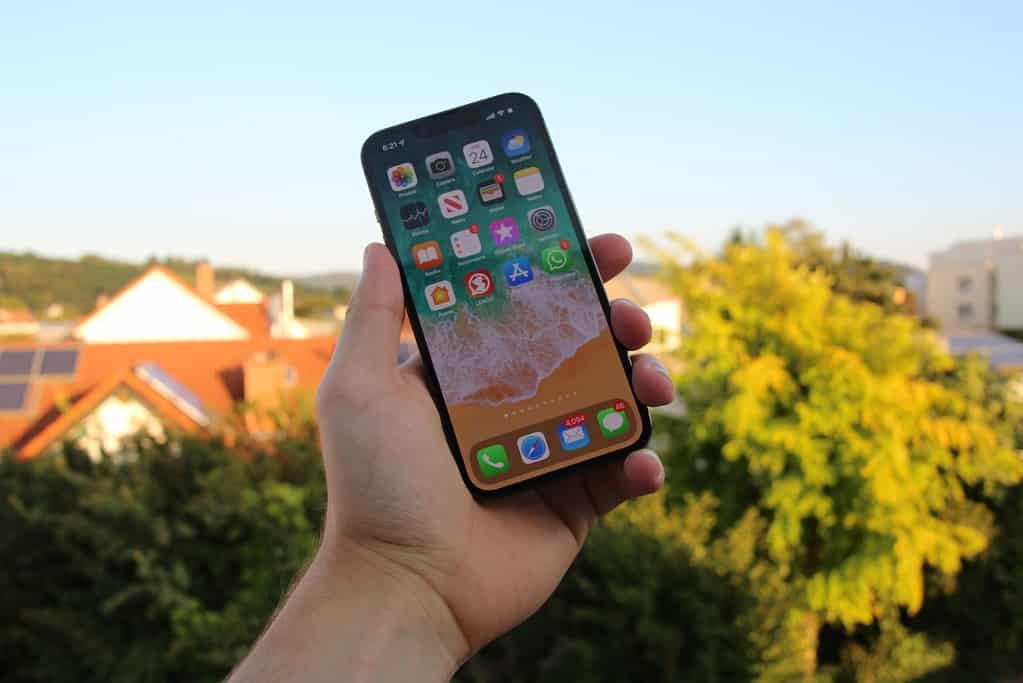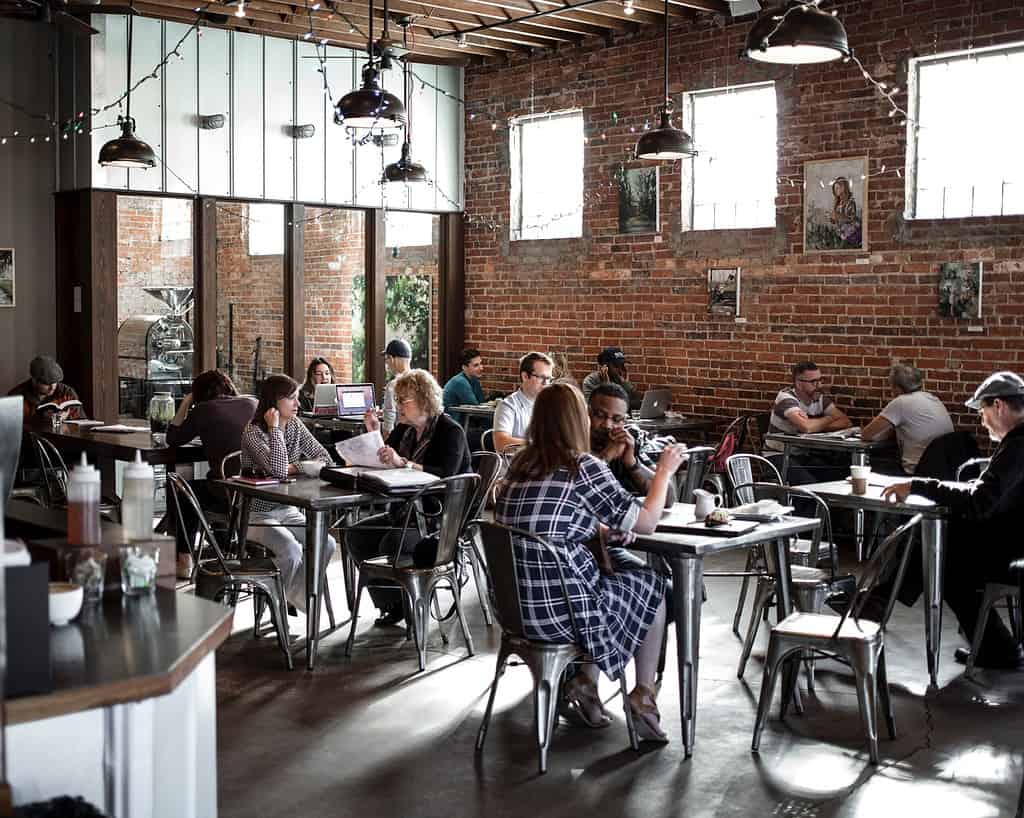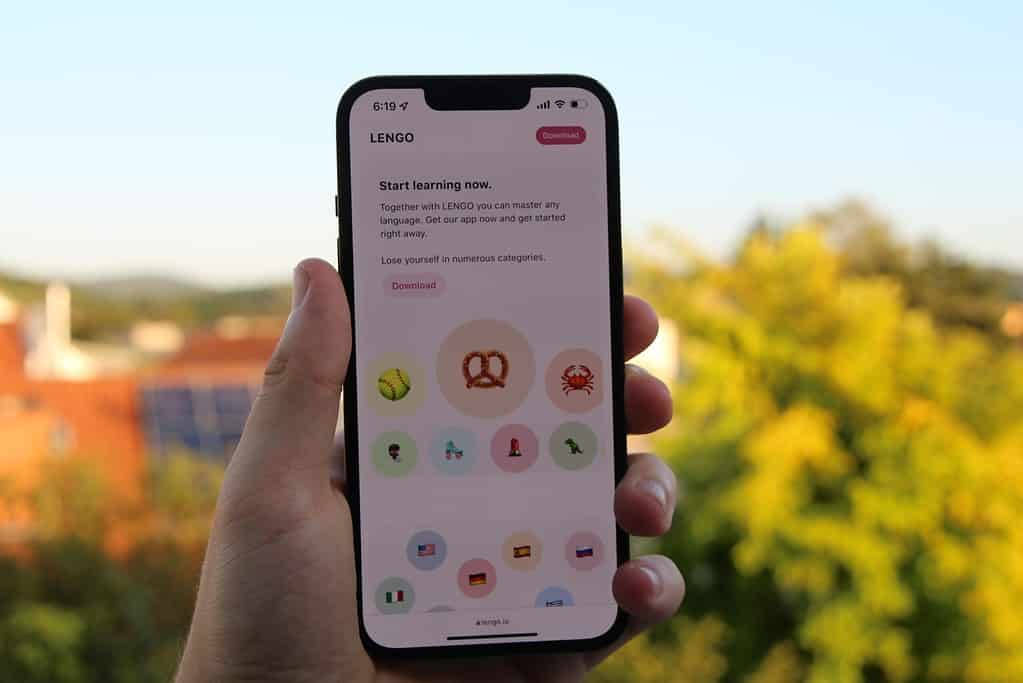French social media is not just a digital playground for Francophones—it’s a vibrant, real-time language lab for curious English speakers eager to boost their spoken French. In this guide, we peel back the layers of France’s online landscape, highlighting popular platforms, playful slang and abbreviations, and strategies to connect with influencers and native speakers. Whether you’re scrolling casually or setting up an immersive language exchange, these insights will help bridge the gap between social media banter and confident conversational French. Check out swaplang for an engaging way to practice French with native speakers.
Overview of Popular French Social Media Platforms
Dive into France’s digital ecosystem and you’ll find that social media is as influential as the daily café rendez-vous. Platforms like Facebook, Instagram, and Twitter have a massive following, but there’s also increasing interest in regionally popular apps. Recent statistics from France Social Media Statistics 2025 show that these platforms are at the heart of French cultural conversations, with video and live-streaming apps gaining momentum among younger users. In addition to global giants, emerging channels like Yubo (detailed on Wikipedia’s page on Yubo) are making heads turn with their interactive features aimed at genuine social connectivity.
For language learners, these platforms are goldmines of colloquial language, memes, and trending slang. The constant flux of topics—from politics to pop culture—means that each scroll is a mini-lesson in French idioms and conversational rhythm. Using your phone might soon be the best way to pick up the next trendy expression or a clever pun that you wouldn’t find in textbooks.
Common Slang and Abbreviations in French
One of the most exciting parts of French social media is the art of casual expression. French slang, or “argot,” is the linguistic equivalent of a secret handshake among native speakers. Abbreviations are everywhere; you might see things like “PTDR” (short for “pété de rire”) and “MDR” (a cheeky variation on laughter). To get a deeper understanding of the nuances behind these expressions, consider reading an insightful piece on Understanding French Social Media Slang that unpacks the origins and usage of these colloquialisms.
The playful nature of French slang means that it is constantly evolving. As a learner, explore groups and comment threads where these expressions appear in context. This way, you aren’t just memorizing words; you’re absorbing their cultural vibration. And yes, the occasional misinterpretation might lead to a humorous mix-up—just part of the fun on your language-learning journey.
Following French Influencers and Joining Groups
When you venture into French social media, following influencers and joining specialized groups can turbocharge your language acquisition. Whether it’s a lifestyle blogger sharing the latest Parisian trends or a digital artist showcasing evocative street photography, these voices give you a sense of the modern French vernacular. Many influencers use casual language peppered with slang and culturally specific jokes, making your learning experience delightfully immersive.
Beyond just following accounts, participating in comment sections or joining Facebook groups and Twitter threads can create active conversation opportunities. Engaging with native speakers in real-time discussions not only improves your vocabulary but also boosts your comprehension of rapid, natural speech. If you’re into exploring French culture visually, consider reading articles like Mastering French Through Photography: Capture Culture to see how images and narratives work together to enhance language skills.

Setting Up Language Exchange Opportunities
Nothing beats practicing French with a native speaker, especially when social media tools make language exchanges as easy as a swipe. Platforms like swaplang offer ad-free, one-to-one video sessions that let you chat naturally and honestly. These sessions replace strict classroom setups with flexible scheduling and genuine conversation, making language practice part of your everyday routine.
When setting up language exchange opportunities, be open and authentic. Join online forums, subscribe to language-specific chat groups, and don’t be afraid to initiate a conversation with a French influencer or community member. Focus on common interests, whether it’s French films, cooking, or even gaming, which can break down language barriers. A few enthusiasts have even shared how engaging via social media has accelerated their spoken French, a tip echoed by various language learners across digital communities.
For those looking to extend their language learning beyond single exchanges, consider exploring additional content such as Mastering French Pronunciation: Tips for English Learners to refine your accent. Once you feel ready for more immersive practice, signing up for a few free video sessions on swaplang might just be the leap you need.
If you’re eager to go beyond traditional language lessons and want to experience French social media firsthand, now is the time to join a community that celebrates cultural connection and interactive learning. Sign up for swaplang today to start your journey toward gaining conversational French confidence, all while tapping into the vibrant energy of France’s social landscape. Happy scrolling and even happier chatting!

















